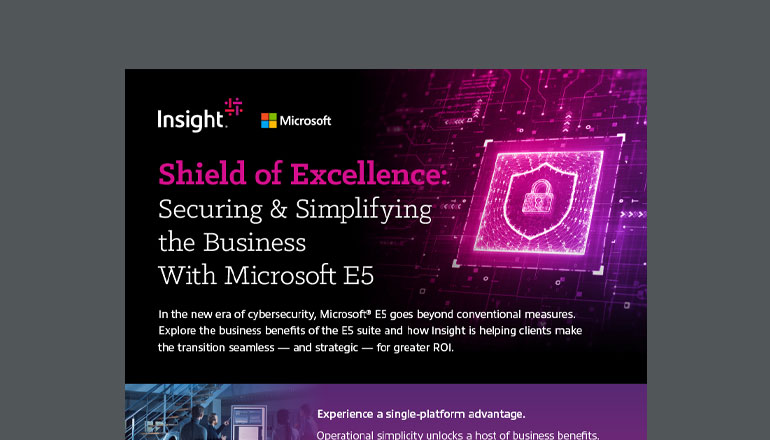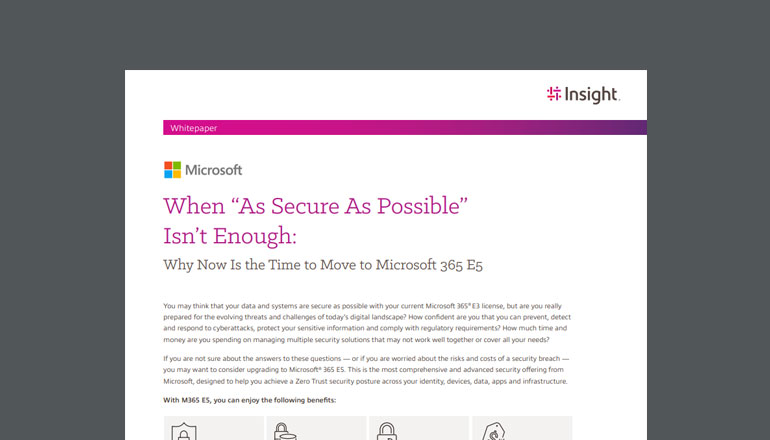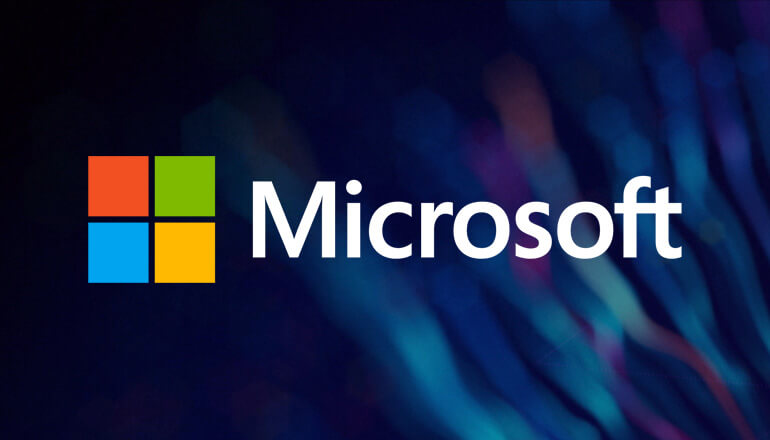Azure OpenAI for secure, private generative AI instance
The most important aspect of implementing a generative AI solution was ensuring that private company data remained protected without hindering employees’ use of the technology. As one of the first organizations worldwide to test and implement Microsoft® Azure® OpenAI® at the enterprise level, Insight was able to deploy a private instance that wouldn’t feed prompts or data back into the public generative AI model.
With internal policy drafted and approved to ensure quality data was being used to build the solution, as well as outlining the constraints around the use of the company’s private instance, the private instance was rolled out to teammates worldwide in just eight weeks. Internally named InsightGPT, the initial rollout was designed to not stifle creative use cases from forming — with early adopters across all departments driving experimentation and shaping transformative ways to rethink business operations with the tool.
Once the initial period of experimentation and iteration had settled, Insight made intentional efforts to get more employees comfortable with the tool. To nurture more success with the technology, training and information sessions were provided for employees to better understand what generative AI is capable of and how it could streamline their workdays. Teaching literacy of the tool while setting up common sense guardrails provided enough guidance to get teammates started without hindering their experimentation.
The outcome: Deepened expertise and expansive use cases of generative AI
Over the few months since its adoption, Insight was able to fine-tune its generative AI solution from employee feedback. The investment in this accelerated adoption proved to be worth the risk — the organization has carved out efficiencies across the enterprise, with additional use cases being identified from teammate experimentation along the way. For example, in HR, the tool was used to analyze internal feedback surveys and aggregate the data in new ways, saving the team one to two weeks. Additionally, a sales team was able to leverage InsightGPT to categorize and sort a large set of data, saving more than 100 hours across the team. The use cases didn’t end there and continue to be developed, from contract summarization to SOW creation that's reducing time and associated costs by 50%.
The work toward an enterprise generative AI tool also drove the development of Insight’s platform for generative AI use cases. Depending on an employee’s role, they may need access to different specialized models of the technology, such as for resume sorting that HR might leverage or email generation for sales. With this platform, decision-makers can determine who needs each interface and give them the ability to leverage those specially trained versions of the privately instanced generative AI.
The platform has been enhanced over the course of the rollout and has reached maturity to be leveraged by clients. Insight has also identified future projects to inject generative AI, including chatbots, contract writing and copilots for developers and other roles. By combining additional capabilities and integrations that have been released by Microsoft and other partners, Insight is rapidly expanding its generative AI footprint and expertise.




